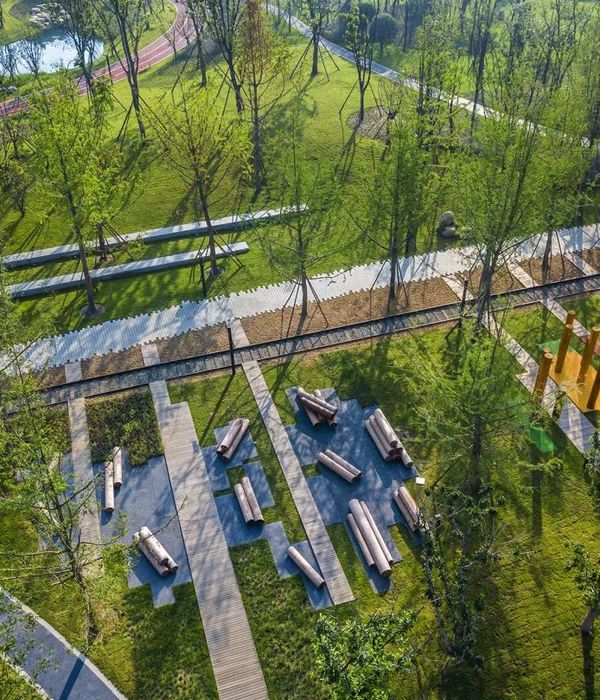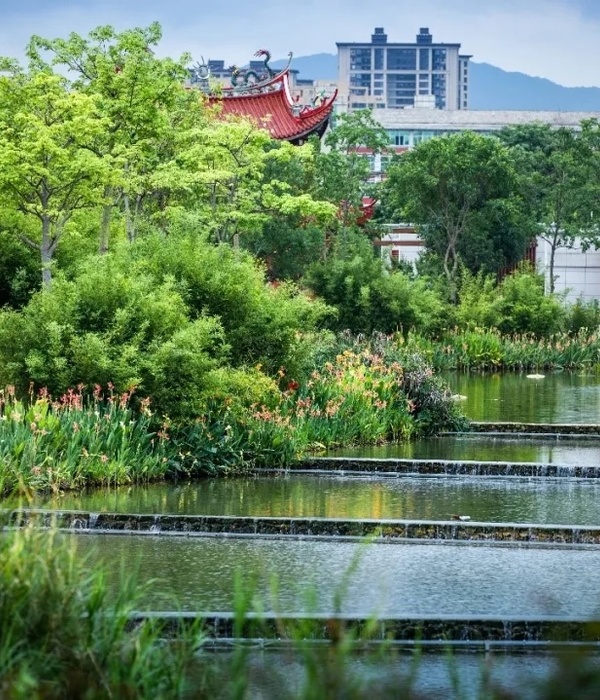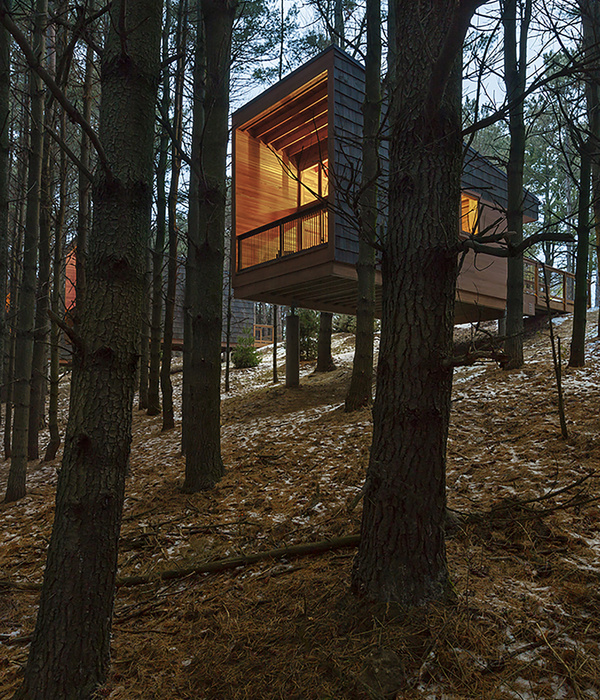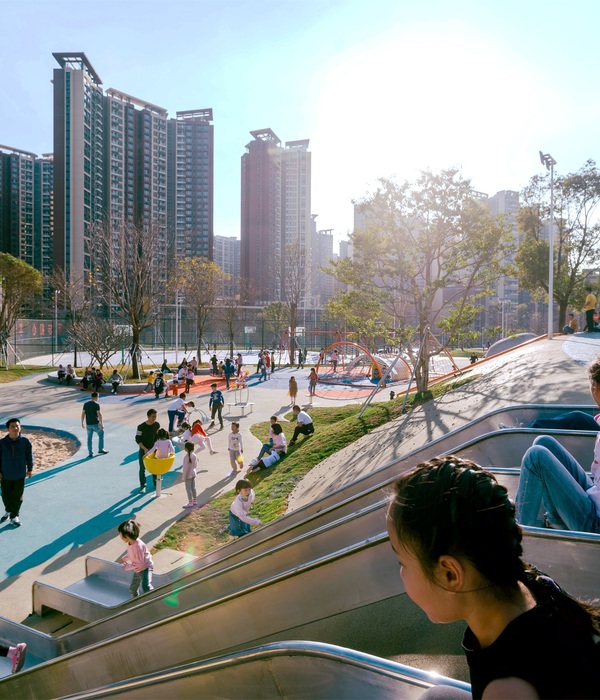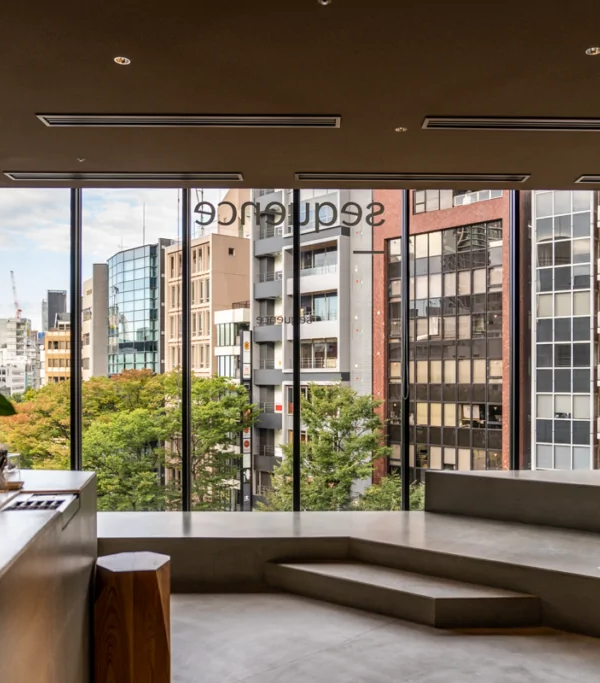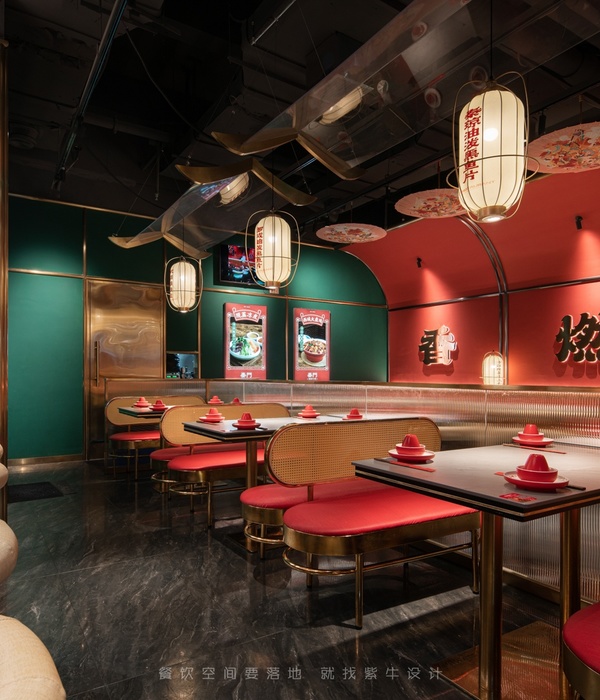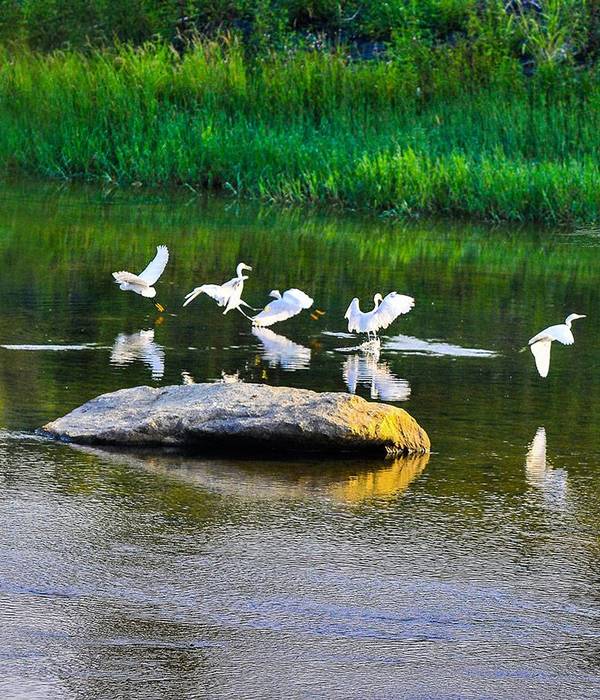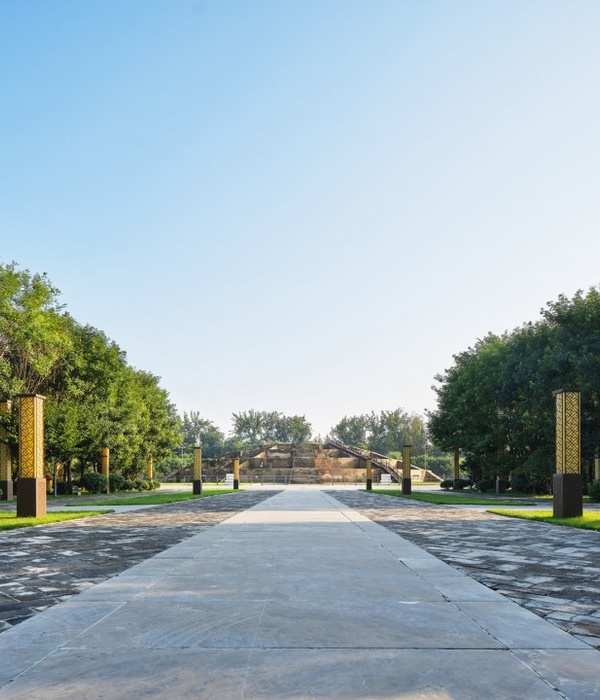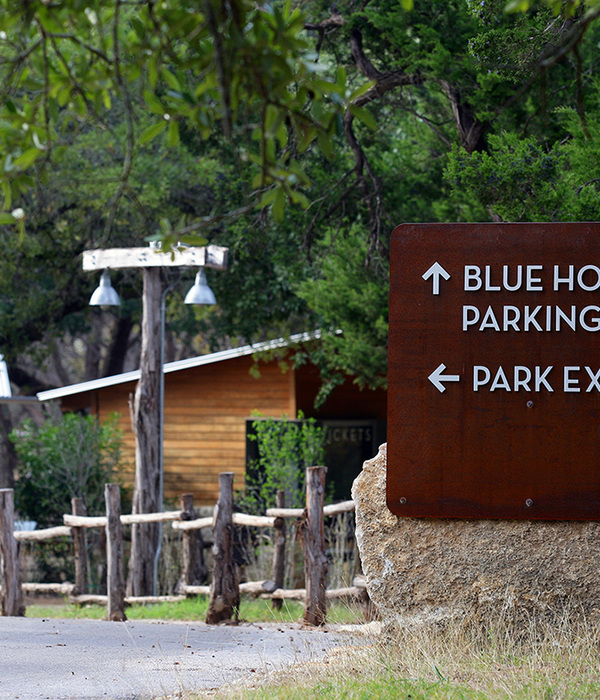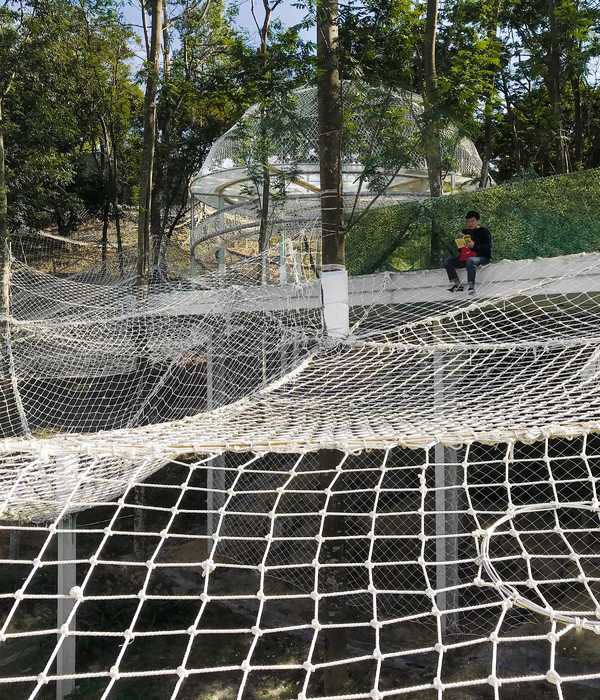- 项目名称:斯通菲尔德火山公园
- 完成年份:2013年
- 面积:110公顷
- 项目地点:新西兰奥克兰
- 设计团队:James A. Lord,FASLA,创始合伙人,Roderick Wyllie,ASLA,创始合伙人,David Godshall,ASLA,设计师
- 客户:Todd Property Group
Surfacedesign: 斯通菲尔德是奥克兰规模最大的总体规划社区,占地1.1万英亩。斯通菲尔德最初是奥特罗亚最大的毛利人聚居地之一,在文化和生态上具有重要意义。历史上,该地块由Maungarei和Te tauma这两座活火山构成,是毛利人的宗教圣地。从Te Tauma火山迸发出的熔岩直接流进湿地,为玄武岩的形成创造了理想条件。这些玄武岩被毛利人挖去用来建造梯田,为粮食生产创造了微气候环境。
Surfacedesign: Stonefields is Auckland’s most extensive master-planned community, encompassing 11,000 acres. Originally home to one of the largest Maori settlements in Aotearoa, Stonefields is culturally and ecologically significant. Historically, the area comprised two active volcanoes, Maungarei and Te Tauoma, which were sacred sites for the Maori. Lava from Te Tauoma flowed directly into a wetland, creating ideal conditions for the formation of basalt. This basalt was harvested by the Maori to build agricultural terraces that created microclimates for food production.
随着现今奥克兰逐渐发展起来,Te Tauoma火山被改造成惠灵顿山采石场,其玄武岩被用作当地建筑材料来源。上世纪90年代中期,采石场不再作为材料来源地,且被纳入废弃工业用地范畴。十年后,该采石场被定为潜在修复和后续开发点。
As contemporary Auckland began to grow, the Te Tauoma volcano was transformed into the Mount Wellington quarry, and its basalt was used as a locally sourced building material. In the mid-1990s, the quarry was decommissioned and deemed a brownfield. Ten years later, the quarry was identified as a potential site for remediation and subsequent development.
一个多学科团队在斯通菲尔德设计了一种新型生态和文化友好型开发模式。他们建议在此设计一个以雨水花园为基础景观框架的湿地公园,并成为此地块的核心发展模式。
A multidisciplinary team devised a new development paradigm at Stonefields that is both ecologically and culturally sensitive. A landscape framework based on a series of rain gardens that culminate in a wetland treatment park became the bones for the development.
将11个公园保护区空间和种植pohutukawa树的林荫大道(模仿原始熔岩流)结合起来帮助系统的实施。整个设计的关键词是生态,每个公园都展示了一个生态过程,从水净化到独特的火山植物生态。
An open-space network of 11 park reserves and a series of boulevards planted with pohutukawa trees (mimicking the original lava flows) helps to knit this system together. Ecology has been used as key design language, and each park showcases an ecological process—ranging from water cleaning to distinct volcanic plant ecologies.
斯通菲尔德公园融入了当地毛利人的景观特质。此外,通过重新利用场地中玄武岩,帮助塑造公园景观的方式,这也认可了采石场的修复价值。在湿地公园里,石头梯田唤醒了人们对古老的毛利人石田的记忆,这里形成了新的野餐聚集空间,也让人回想起这里曾经的耕作方式和烹饪的起源。在雨水流入饮用水体之前,会流经石笼和巨石,这是古代毛利人传统的处理方式。湿地上方设置了蜿蜒的木板路,湿地中划分了水收集、处理和清洁的空间,同时通过沉淀和种植的方式促进栖息地的生成。鼓励游客在不干扰自然过程的情况下使用这些系统。
Stonefields incorporates vernacular Maori landscapes throughout. In addition, the project acknowledges the quarry that helped shape the landscape by reusing basalt originally mined on-site. In the Wetland Park, stone terraces evoking the ancient Maori stonefields frame new picnic gathering spaces, which harken back to the historic agricultural and culinary roots of the site. Stormwater runoff is passed over stone gabions and boulders, celebrating the passing of water through rock before entering a water body, as prescribed by ancient Maori tradition. Meandering boardwalks float above the treatment wetlands, delineating spaces for water collection, treatment, and cleaning, while promoting habitat creation through sedimentation and planting. Visitors are encouraged to engage with these systems without interfering with the natural processes.
▼平面图plan
项目名称: 斯通菲尔德火山公园
完成年份: 2013年
面积: 110公顷
项目地点: 新西兰奥克兰
景观/建筑公司: Surfacedesign,Inc.
设计团队:
James A. Lord, FASLA,创始合伙人
Roderick Wyllie,ASLA,创始合伙人
David Godshall,ASLA,设计师
客户: Todd Property Group
合作者:
Woods Engineering
Natural Habitats
Project name: Stonefields
Completion Year: 2013
Area: 110 hectares
Project location: Auckland, New Zealand
Landscape/Architecture Firm: Surfacedesign, Inc.
Design Team:
James A. Lord, FASLA, Founding Partner
Roderick Wyllie, ASLA, Founding Partner
David Godshall, ASLA, Designer
Client: Todd Property Group
Collaborators:
Woods Engineering
Natural Habitats
{{item.text_origin}}

